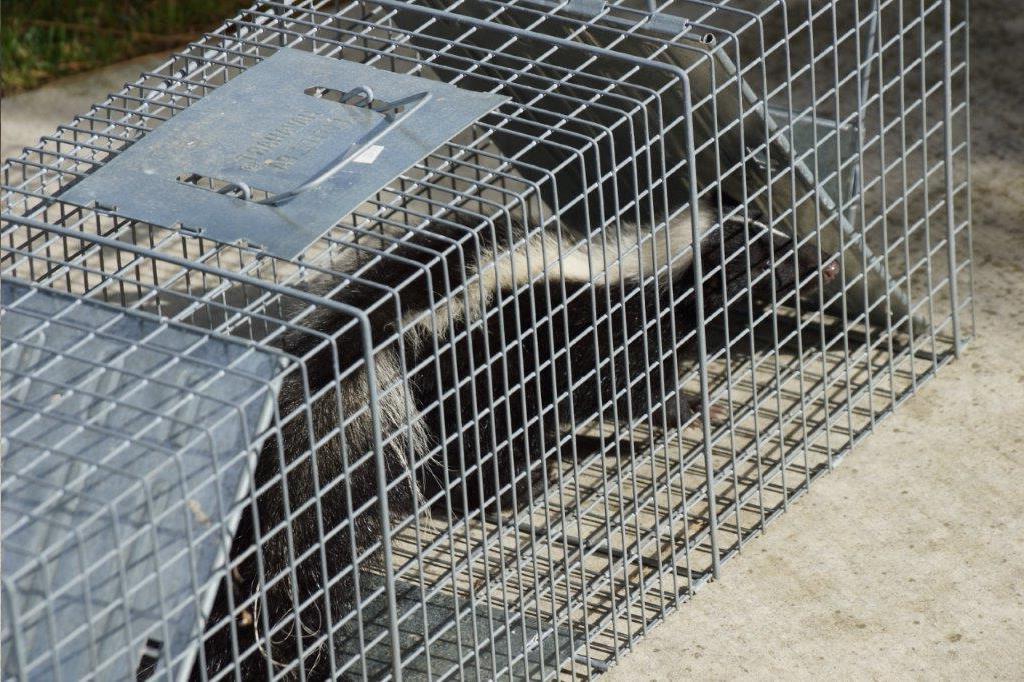
Whenever something behaves in a way that is different from its usual routine, you know trouble is afoot. Similarly, when you see a skunk, a nocturnal animal, skulking around your garden in broad daylight, its behavior is far from inconspicuous. One reason you might have heard for this odd behavior is that if a skunk is out during the day, then it's most definitely rabid. But is that true?
Maybe, but not always
Granted, being out of its burrow at night is not normal for a skunk, and almost all rabid skunks have been found to be active during the day. That doesn't mean that EVERY skunk out during the day is rabid. There are other reasons why a skunk could be out of its burrow during the day which have absolutely nothing to do with it having a disease, rabies or otherwise. In fact, some of these (the ones listed below) are more common reasons why a skunk may choose to sacrifice its sleep during the day.
Hunger. Plain and simple.
As anyone who's has had the misfortune of experiencing this will tell you, going to sleep on an empty stomach is a pretty difficult task. So, if a skunk was unsuccessful in foraging ample amounts food in the night, or was interrupted by a threat like a dog, chances are it would venture out of its burrow to try and sate its hunger during the day. This is especially true for mother skunks who may be using this time to feed themselves, after having sacrificed all their night's work for their children. Conversely, you may even see some baby skunks wandering around the day, looking for their mother if she didn't return home last night, also driven out of their burrows by hunger.
Soaking up some sunshine in the winter
Another reason why a skunk may choose to sacrifice its daytime slumber is that of how cold its burrow can get in the winter. Rather than freeze to death in its sleep, it makes the wise decision of soaking up the warmth of the sun during the day, the little there is anyway. In this way, it raises its body temperature considerably, before going back inside to finish its nap.
So you see, a skunk out during the day isn't always rabid. But then, how do you tell if a skunk is rabid.
The real signs of a rabid skunk
Your first clue to spotting a rabid skunk is frothing at the mouth; if you see that, you KNOW a skunk is rabid. Another thing that can clue you in on whether a skunk is rabid or not is its behavior. While a healthy skunk would scurry away if it sees you, a rabid skunk would either be completely oblivious to your presence or would act extremely aggressively towards you. In either case, stay away from the animal and make sure it doesn't bite you. That's the whole point of learning to spot a rabid skunk after all.
Go back to the Oceanside wildlife removal home page.